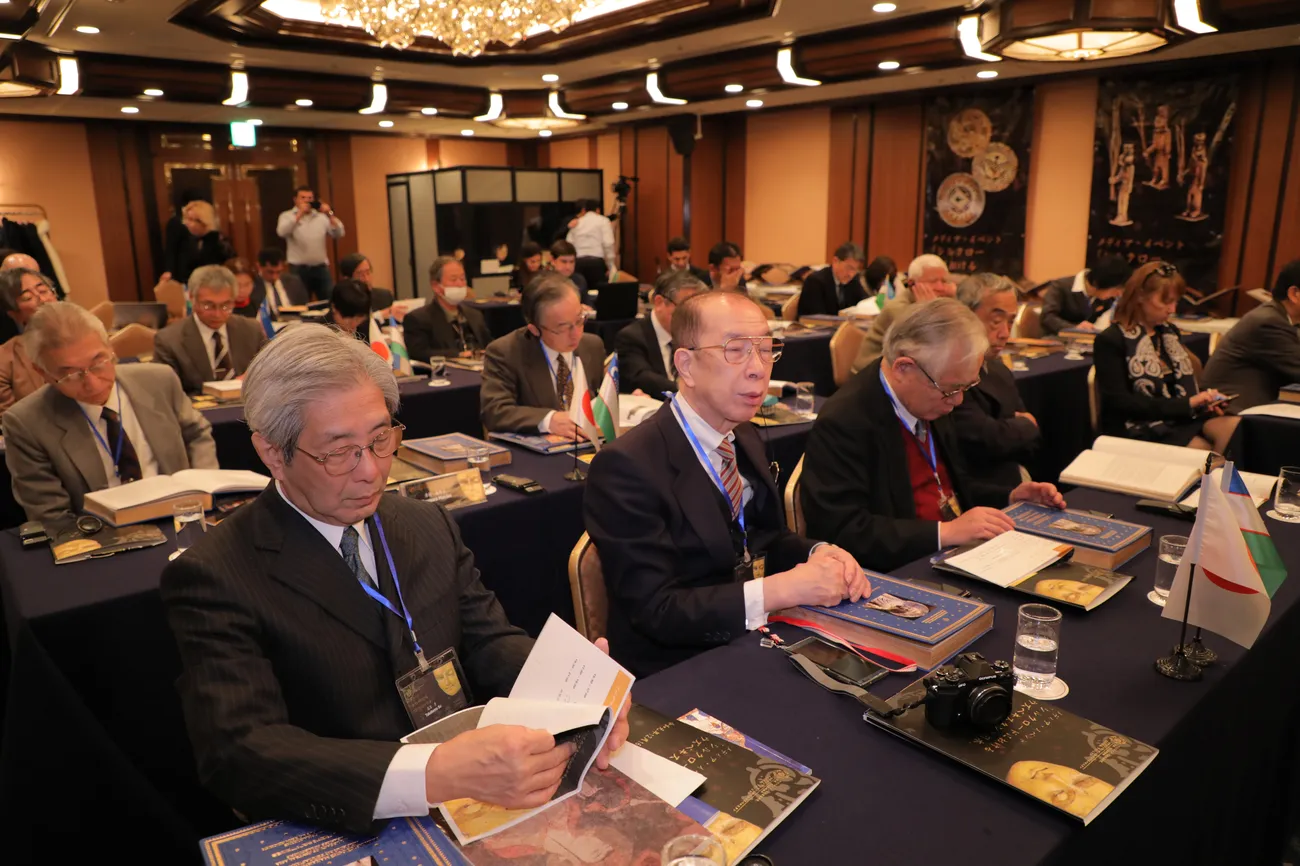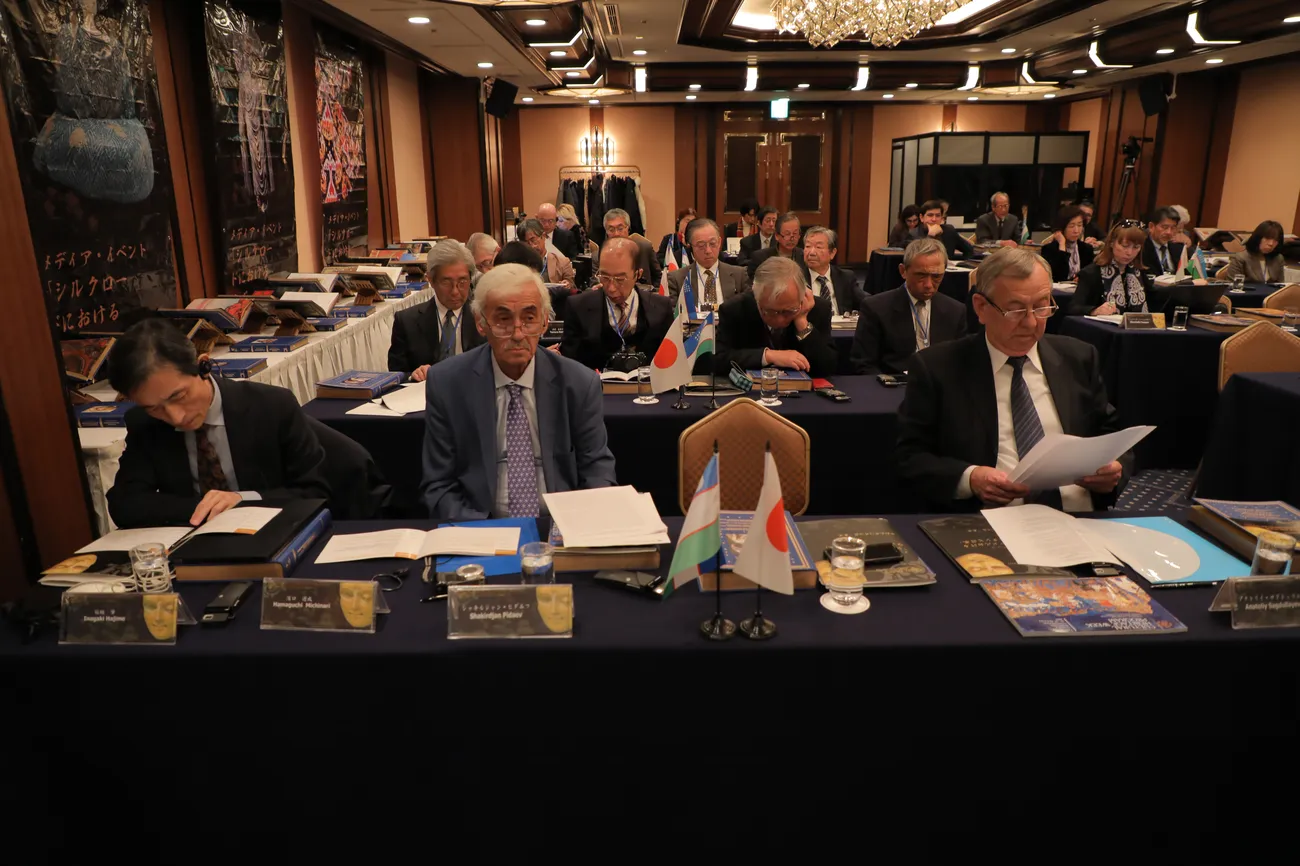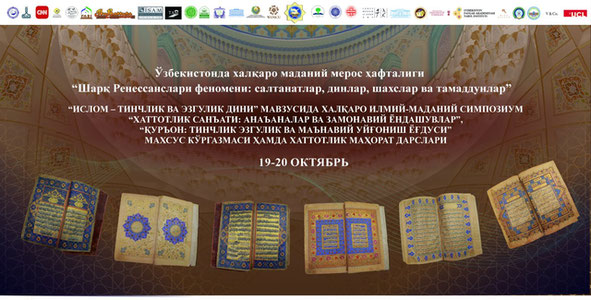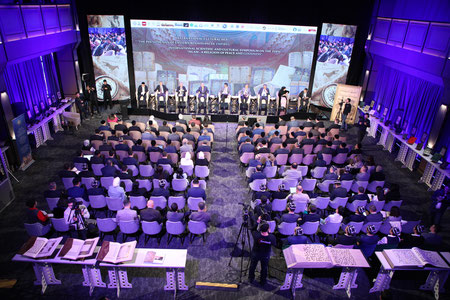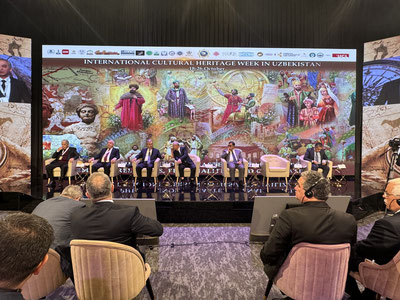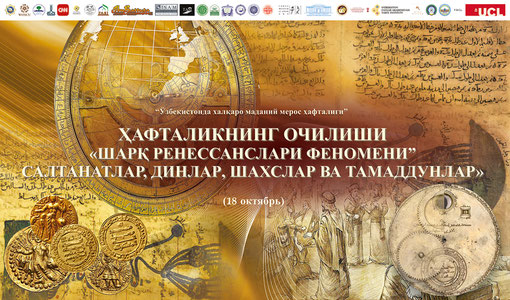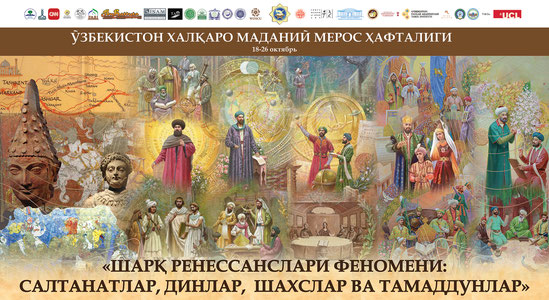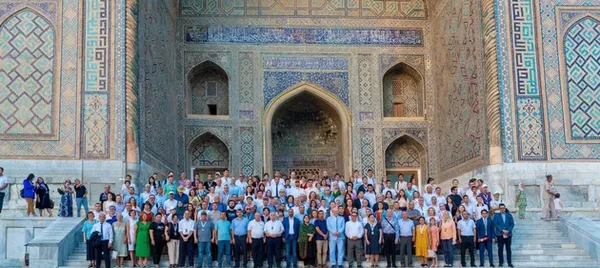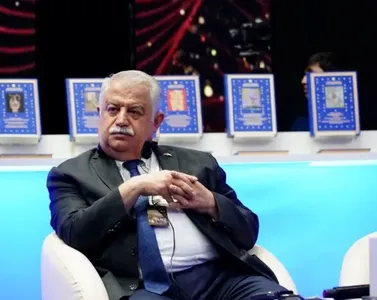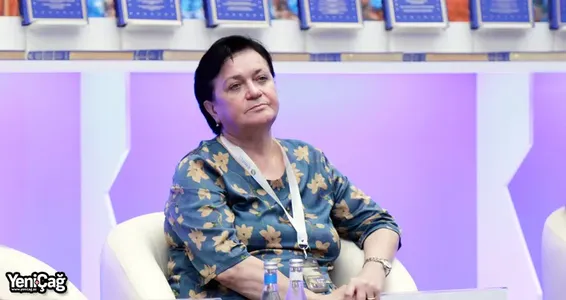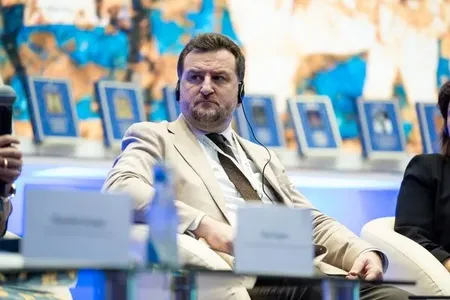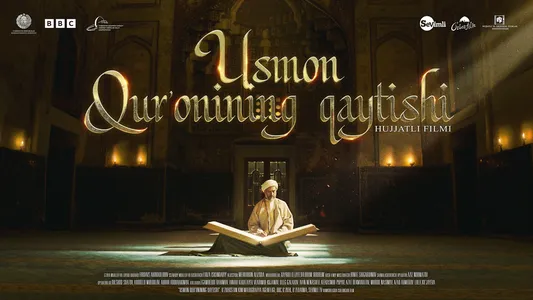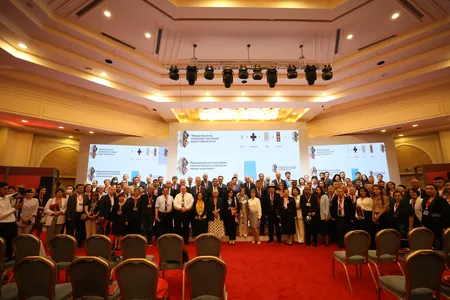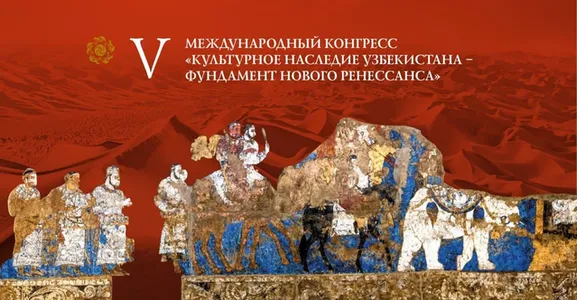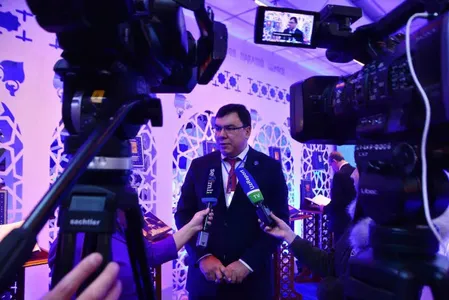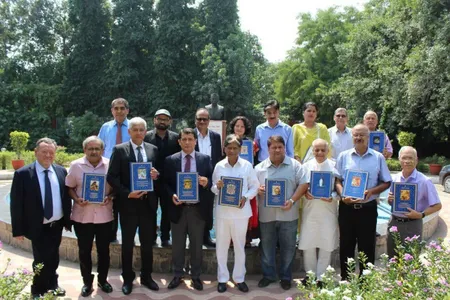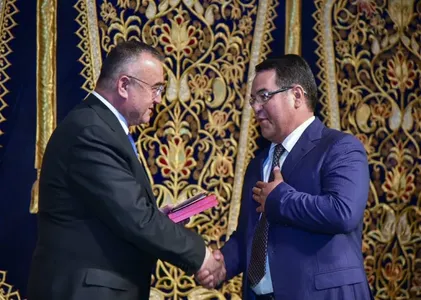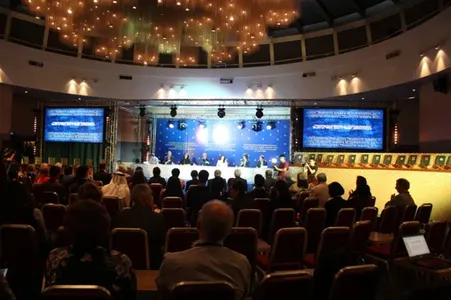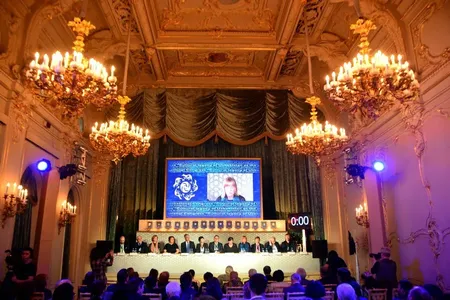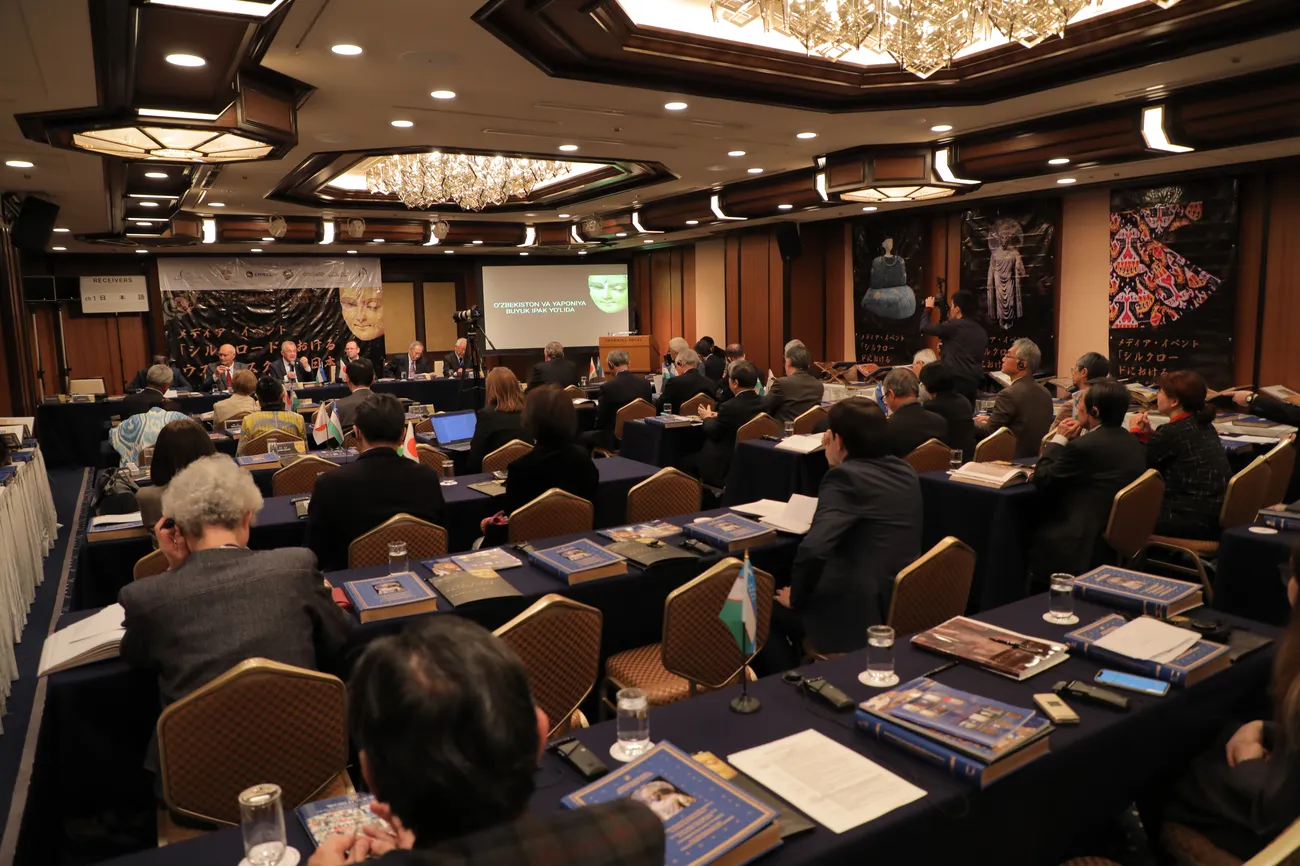
Tokyo hosted an international scientific conference "Uzbekistan and Japan on the Great Silk Road"
The purpose of the event is to discuss issues of further cooperation between Uzbekistan and Japan on the preservation, study and promotion of the cultural legacy of Uzbekistan.
The conference presented the work of the international multimedia project "Cultural Legacy of Uzbekistan in World Collections", related to the study by Japanese specialists of Uzbek artifacts stored in museums in Japan. Its results have already been reflected in the book-album "The Art of Central Asia in the Collections of Japan", published in four languages - Japanese, Uzbek, English and Russian. In addition to the publishing part, a documentary film about the cultural heritage of Uzbekistan in Japanese collections was prepared jointly with the Japanese side.
Despite the long-standing scientific contacts between our countries, the participation of Uzbek specialists in congresses, conferences and creative meetings organized by the Japanese side, this is the first large-scale event held in Japan by the Republic of Uzbekistan.
This event is of particular importance as a demonstration of the reforms carried out by the President of the Republic of Uzbekistan Shavkat Mirziyoyev, aimed at broad international cooperation in various areas of public life, the desire to popularize and present the richest traditions of Uzbek culture in the international arena. Proof of this is the message of the President of the Republic of Uzbekistan Shavkat Mirziyoyev, published in a book-album and read to the conference participants in Japanese by Sergey Laptev, board member of the World Society for the Study, Preservation and Promotion of the Cultural Legacy of Uzbekistan.
Another goal of the conference is to strengthen ties with the Japanese scientific community, tell and show journalists, public figures, potential investors and a wide range of people interested in the history of the Great Silk Road the richest cultural potential of our country.
— I should notice how your country is changing rapidly, especially in the last 3 years. Now it is a modern state that has its own recognizable image on the world stage,” said Taniichi Takashi, Director of the Hayashibara Museum. — The organization of such a level of scientific conference is an unprecedented fact. This is another successful demonstration of the changes that are taking place in your country thanks to the support and attention of the President of the Republic of Uzbekistan Shavkat Mirziyoyev. Attention to cultural heritage and its popularization is a very important and characteristic feature of the new Uzbekistan. The study of Uzbek art in Japanese museums, the creation of documentaries, the organization of scientific conferences is a completely new stage in the knowledge of not only Uzbek, but also world heritage.
As the ex-director of the Shosoin Imperial Treasury of the Office of the Imperial Court of Japan, Yoneda Yusuke, noted, “I would like to express my deep gratitude to the President of the Republic of Uzbekistan, Mr. Shavkat Mirziyoyev, for his interest in the history and culture of his country, efforts to preserve the cultural heritage of Uzbekistan. Your country has an unprecedented scientific potential and a rich heritage, and the fact that our cultural ties, founded in antiquity, are now getting a new breath is the merit of your country. Summing up the work of Uzbek and Japanese researchers, it is possible to deepen and expand the research of the Great Silk Road.
The ex-deputy director of the museum at the Archaeological Institute in Kashihara, Kinoshita Wataru, noted the level of presented books-albums of the series “Cultural heritage of Uzbekistan in the collections of the world”:
“The magnificent publications presented at the event tell in detail about the collections of Uzbek art in Japanese museums. Their study is of great importance and we need to continue research and scientific work in this direction. I sincerely believe that, under the leadership of the President of Uzbekistan, work will continue to support cultural and scientific projects, thanks to which we, together with our Uzbek colleagues, will be able to implement our scientific plans.
According to the chief adviser of the Tenri Museum Matsuda Shinichi, such initiatives are an excellent experience for Japan. “The vast and important experience in the preservation of cultural heritage in your country is undoubtedly an excellent example for Japanese researchers. We Japanese need to learn from you. We are united by many things, including the fact that Japan, like Uzbekistan, positions culture as its calling card. But how and on what scale the President of Uzbekistan contributes to the popularization of the culture of his country deserves great respect and study.
“I am sure that if you add the latest information technologies to your experience in studying and popularizing your cultural heritage, Uzbekistan will take a leading position in the world in the matter of heritage preservation,” said Hamaguchi Mitinari, director of the Japan Science and Technology Cooperation Agency. - It is impossible not to notice what large-scale reforms began in your country 3 years ago. Uzbekistan is changing rapidly, becoming an open country. This is the great merit of your President. The fact that Uzbekistan makes culture the pillar of its policy is truly a matter of pride for all your people. For us, the culture of Uzbekistan is no less interesting. After all, the themes of the Great Silk Road, the transfer of ideas, technologies, cultural traditions along it, or the invention of Samarkand paper, which is now being studied by specialists from Aichi Prefecture, are our entire common heritage. Combining innovation with tradition is what modern science needs, and I hope our joint work in this direction will become more and more active.
The event was organized by the World Society for the Study, Preservation and Popularization of the Cultural Legacy of Uzbekistan, the Academy of Sciences of the Republic of Uzbekistan, the Embassy of Uzbekistan in Japan, the State Committee for Tourism Development.
